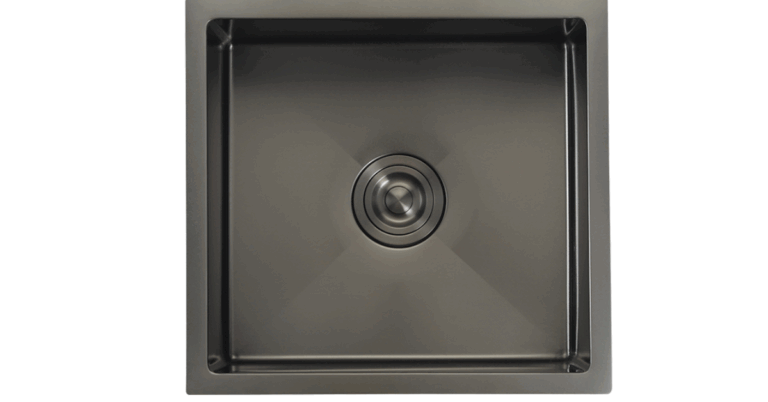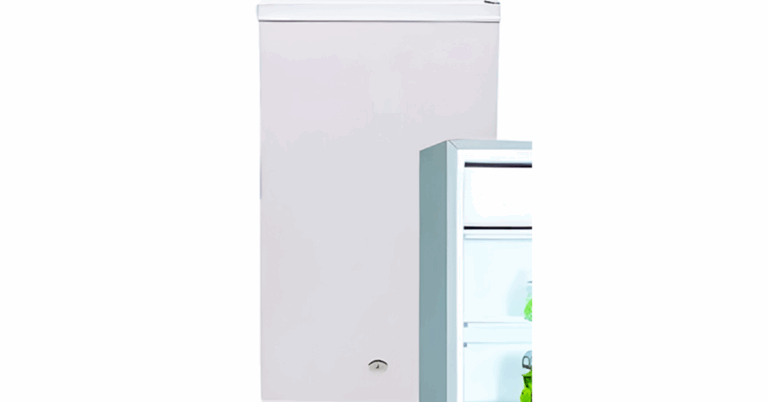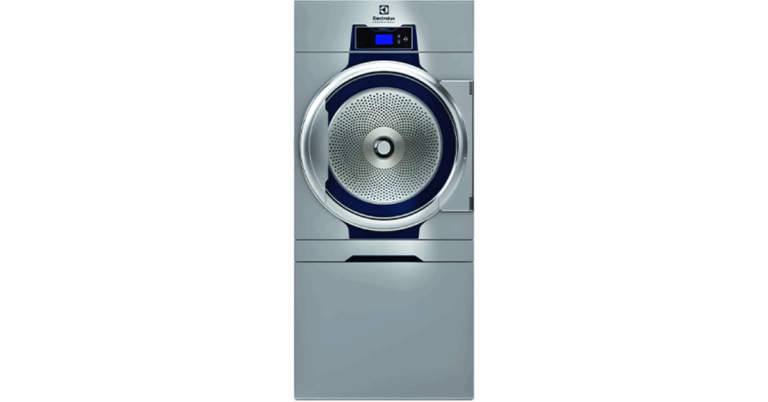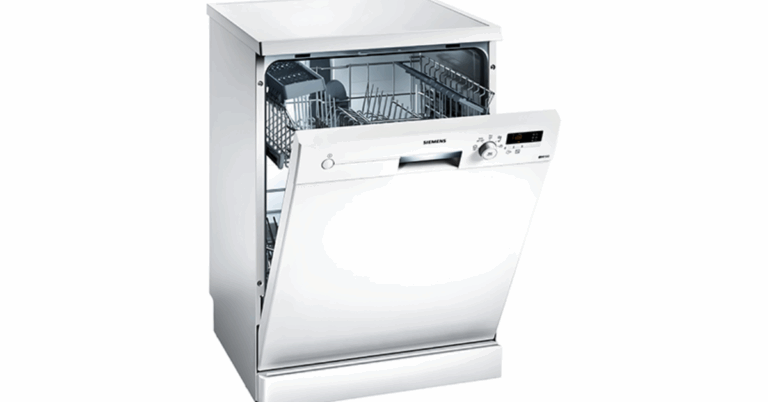Marine SS Chiller 1220 L 220 V Distributor — Premium Cold Storage for Cruise Ships
A Marine SS Chiller 1220 L 220 V Distributor offers a comprehensive supply solution for cruise ships, offshore vessels and marine food‐service operations that demand large volume, premium built chilling equipment. This class of chiller delivers a 1220-litre stainless-steel capacity, configured for 220 V (or dual voltage) marine electrical systems, and is distributed by specialist marine HVAC/R suppliers. Engineered for salt-air, motion, humidity and continuous duty, it ensures reliable cold-storage performance in the demanding maritime environment.
1. Why a 1220 L Marine SS Chiller is Vital on Ships
Onboard a cruise ship or large marine vessel, maintaining the freshness of perishables food, beverages, catering supplies, and specialty items—is critical. A 1220 litre capacity chiller provides ample volume for high-throughput operations: galley staging, banquet service, beverage coolers, provisioning for crew or passengers. Beyond mere size, the benefit comes when the chiller is built specifically for marine conditions: stainless steel construction to resist corrosion from salt air, robust compression and refrigeration systems to tolerate vibration, tilt and thermal cycling. The 220 V specification ensures compatibility with many shipboard systems, simplifying installation and lowering conversion requirements. Therefore a marine-grade SS chiller of this size becomes a backbone component of onboard cold-chain infrastructure reducing spoilage, supporting guest satisfaction, and improving operational reliability.
2. Key Features & Construction Benefits
A high-capacity marine stainless-steel chiller distributed for shipboard use typically encapsulates the following features:
-
Stainless Steel Grade Interiors & Exteriors: For example, Grade 304 stainless steel is commonly used for both interior liner and external panels to guard against salt-corrosion and humidity-related deterioration.
-
Large Capacity & Double-Door Configuration: A 1220 L volume with double doors allows easy access without major cold-air loss, helping organisation of stock, and separating high-usage sections from less-used ones.
-
Digital Temperature Control & Display: An accurate thermostat with digital read-out allows operators to set and monitor temperatures precisely—important for food safety compliance and efficient energy use.
-
Auto-Defrost System and Internal Air Circulation Fan: Automatic defrost reduces maintenance downtime and ensures the chiller continues to operate at peak efficiency. The built-in fan distributes air evenly and maintains uniform internal temperatures.
-
Lockable Door/ Security Features: In a marine environment where areas may require restricted access, lockable doors secure inventory and meet regulatory or HACCP requirements.
-
Heavy-Duty Casters / Mounting Feet: Many units include heavy-duty wheels or brackets to allow safe movement or secure installation, even under vessel motion.
-
Refrigerant & Energy Efficiency: Use of modern refrigerants (e.g., R134a or similar) and well-insulated design helps manage power draw—an important parameter aboard ships where generator load is critical.
-
Marine Certifications & Documentation: The unit must meet marine refrigeration standards, sometimes including IM-codes, ABS or Lloyd’s Register compatibility for shipboard use.
These attributes distinguish a true marine SS chiller from a standard commercial fridge/freezer often used on land.
3. Applications of a 1220 L Marine Chiller Onboard
-
Main Galley / Banquet Storage: Prepare for high-volume food service by storing pre-chilled meals, dairy, fruit, dessert trays and beverage crates within reach of the kitchen.
-
Beverage and Bar Service Area: With large capacity, the chiller can serve as a dedicated beverage cooler for high-traffic bars or buffet zones, ensuring stock remains chilled and accessible.
-
Crew Mess & Catering Back-Up: The unit can be placed in the crew food service area or in a provisioning room, allowing separation between passenger supply and crew supply, thereby improving logistics.
-
Provisions & Long-Term Storage: On cruise ships with long sailings or remote operations, the chiller supports storing bulk provisions ahead of resupply ports, minimizing logistic risk.
-
Medical or Laboratory Support: Although primarily for food, the stable temperature environment is sometimes suitable for storing sensitive medical supplies or biotechnology kits that require chill conditions (with appropriate certification).
By allocating one large-capacity chiller rather than many smaller units, a vessel benefits from simplified maintenance, better stock control and improved overall system reliability.
4. Installation & Integration Considerations
When integrating a marine SS chiller of this size into a vessel, several practical factors must be assessed:
-
Electrical Compatibility: Confirm the 220 V system (single or three phase) and frequency (50 Hz/60 Hz) match. Ships may have unusual voltages; ensure the distributor provides a version rated accordingly.
-
Location & Footprint: The 1220 L chiller has significant dimensions and must be positioned to allow door clearance, air ventilation, and service access without disrupting traffic flow. Anti-vibration mounting and tie-down points are required given ship motion.
-
Ventilation & Heat Rejection: The chiller’s condenser will reject heat adequate airflow or discharge path is needed. On ships, space above or beside the unit may need louvers or exhaust ducting to avoid recirculated warm air.
-
Door Clearance & Stock Flow: Double-door design means planning for stock rotation: ‘first in, first out’, shelving configuration and minimizing cold‐air loss when doors open.
-
Service Access: Ensure there is space behind or above the unit for condenser/evaporator maintenance, refrigerant servicing, filter replacement and defrost drain access.
-
Load Management: The vessel’s power system must handle the start-up current of the refrigeration compressor without undue voltage drop. Soft-start or inverter options may be advised.
-
Integration with Cold-Chain Monitoring: Especially on cruise ships, it may connect to building management or HACCP systems to log temperatures and issue alerts if set-points drift.
An experienced distributor will provide drawings, weight data and installation guidelines specific to marine environments.
5. Maintenance & Operational Best Practices
To ensure the chiller operates reliably over time, follow these maintenance and operational best practices:
-
Regular Defrost / Drain Clean-Up: Even with auto-defrost, check for ice buildup around doors or shelves. Drain lines should be free of blockages to avoid water accumulation and corrosion.
-
Cleaning of Condenser Coils: Salt, lint and dust degrade cooling performance. Clean the condenser periodically to maintain efficiency and avoid increased energy consumption.
-
Door Gasket Inspection: Ensure door seals are intact and compress properly; poor sealing leads to higher energy use, frost buildup, and degraded performance.
-
Temperature Monitoring: Maintain logs of internal temperature and check for deviations. Modern digital controls allow set-point verification and early detection of abnormal operation.
-
Refrigerant Charge & System Integrity: Periodic checks for leaks, drop in cooling capacity or compressor noise can prevent major breakdowns.
-
Electrical Checks: Inspect power connections, ensure mounting is secure, and verify that vibration or corrosion has not compromised terminals.
-
Keep Shelving Organized: Avoid overloading or blocking airflow the internal fan must circulate air evenly to maintain uniform temperature across all stored items.
-
Crew Training: Ensure onboard staff understand proper door operation, stock rotation (FIFO), cleaning protocols and emergency procedures in the event of cooling system failure.
With correct maintenance, a high-quality marine chiller can provide years of dependable service even under the harshest maritime conditions.
6. Why Partnering with a Quality Distributor Matters
Choosing a specialist distributor for marine‐grade equipment rather than repurposed land-based units—brings several advantages:
-
Marine-Specific Supply Chain: Distributors focused on marine HVAC/R understand the demands of shipboard systems—motion, vibration, salinity, certification and supply units accordingly.
-
Global Support & Parts Availability: Ships often operate worldwide; a good distributor offers spare parts, service networks, and documentation for global mobility.
-
Certified Equipment: Marine chillers must often meet maritime certifications (such as IMCA, Lloyd’s, ABS) for duty onboard; a knowledgeable distributor ensures compliance.
-
Technical Consultations: Layout planning, electrical load calculations, integration with ship’s management systems and stock optimisation are services provided by experienced distributors.
-
After-Sales Service & Warranty Support: Marine operations demand minimal downtime—distributors with marine service support ensure faster response times and higher availability.
-
Tailored Power & Voltage Options: Ships vary in supply voltage, phase and frequency; a distributor can provide the correct variant (220 V, 380 V, or 110 V versions) and, if needed, documentation for onboard certification.
In short, a marine SS chiller is not a “one-size fits all” appliance; it requires professional supply and integration.
7. Business Impact – Efficiency, Food Safety & ROI
Deploying a properly specified 1220 L marine chiller impacts the business operations of a cruise vessel in several key ways:
-
Reduced Food Waste: Consistent cooling prevents spoilage of perishable stock, directly improving cost control.
-
Better Guest Experience: Fresh ingredients and properly chilled food and beverages enhance satisfaction levels.
-
Operational Streamlining: A single large unit can replace multiple small units, reducing maintenance overhead, simplifying logistics and improving footprint utilisation.
-
Energy Efficiency and Cost Savings: High quality marine chillers operate more efficiently, reducing generator load and fuel consumption—a significant cost factor on long voyages.
-
Compliance and Safety: Maintaining HACCP standards, food safety certification and cold-chain integrity helps avoid fines or reputational damage from food-related incidents.
-
Long Service Life & Low Risk: Marine-specific construction extends equipment life and decreases downtime risk—reducing replacement capital expenditures over time.
Therefore, although the initial investment may be higher than a standard commercial unit, the return on investment through reliability, reduced waste and enhanced efficiencies is significant.
8. Future Trends & Innovations in Marine Chilling
The marine refrigeration industry continues to evolve, bringing innovations that future-proof equipment like the 1220 L marine SS chiller:
-
Inverter-Driven Compressors: Variable-speed technology allows cooling capacity to match load, reducing energy consumption and wear.
-
Eco-Friendly Refrigerants: New systems adopt low GWP refrigerants and designs compliant with environmental regulation like IMO F-gas rules.
-
Smart Monitoring & Remote Diagnostics: IoT connectivity enables remote tracking of temperature, compressor load and refrigerant performance—critical for ships on long voyages.
-
Modular Chiller Systems: Allowing multiple smaller modules to work in tandem offers redundancy and scalability for varying ship sizes.
-
Enhanced Insulation & Materials: Advanced insulation materials reduce heat load; improved coatings resist corrosion and microbial growth.
-
Optimised Airflow & Door Designs: Innovations in shelving layout, door insulation and rapid-close mechanisms help reduce cold-air loss and maintain efficiency.
Selecting a distributor that stays abreast of these trends ensures vessels remain competitive, compliant and energy-optimised.
9. Summary
In the demanding world of maritime operations, a marine SS chiller 1220 L 220 V supplied by an experienced distributor is a critical component of onboard refrigeration systems. Built from rugged stainless steel, engineered for shipboard motion and conditions, and sized for high-capacity operations, this chiller drastically improves cold-chain integrity, operational efficiency, guest satisfaction and cost control.
From understanding its features—double door, auto defrost, digital control to installation and maintenance best practices, proper specification and supply via a specialist distributor make all the difference. As marine HVAC/R technology advances, vessels equipped with high-quality chillers will be better positioned to operate safely, sustainably and profitably in the global maritime marketplace.
Choosing the right chiller, installing and maintaining it correctly, partnering with a distributor who understands maritime needs—these steps ensure your vessel’s refrigeration backbone is not just adequate, but exceptional.







